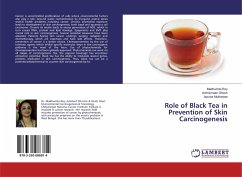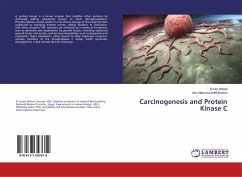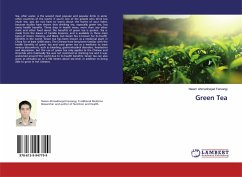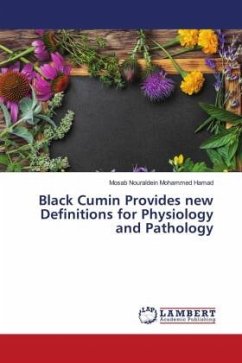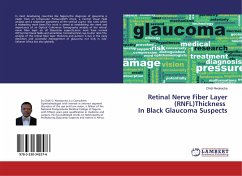Cancer is uncontrolled proliferation of cells where environmental factors also play a role. Ground water contamination by inorganic arsenic poses several health problems including cancer. Chronic arsenic(As) exposure leads to development of skin carcinogenesis, both basal and squamous cell carcinoma. Chronic As intake leads to excess generation of ROS, which in turn causes DNA, protein and lipid damage. Epigenetics and EMT play crucial role in skin carcinogenesis. Several remedial measures have been adopted. Patients having skin cancer undergo surgery, radiation and chemotherapy, which are expensive and have side effects. Therefore, prevention of cancer is a better choice. Chemoprevention by the use of nontoxic agents which inhibit specific molecular steps in the carcinogenic pathway is the need of the hour. Use of phytochemicals for chemoprevention has been globally approved. Phytochemicals can work on all stages of carcinogenesis. Tea, the popular beverage has enormous anticancer potential. Black tea has the ability to modulate several genes, proteins implicated in skin carcinogenesis. Thus, black tea can be a potential phytochemical to counter skin carcinogenesis by As.

